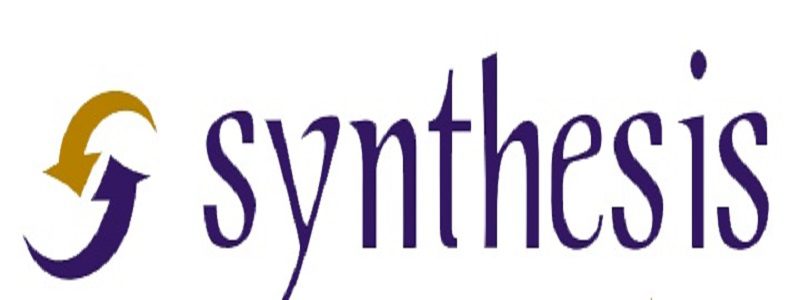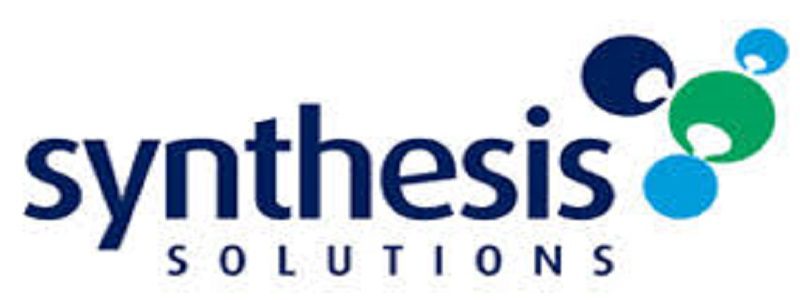The North Korean Nuclear Weapons Crisis — An Argument-Centered Approach
This is the first of a short series of posts that reflect work that we have done this summer to prepare argument-based units on social science issues of particularly strong interest to secondary and middle schools, going into the 2017/18 school year. This post looks at an argument-centered unit on the North Korean nuclear weapons crisis, what outgoing President Barack Obama warned incoming President Donald Trump would be the single greatest foreign policy threat and problem of his presidency.
Synthesis Solution Protocol: A Demonstration, Part 2
Overview
In the first part of this two-part post, we looked carefully at some of pedagogical ideas and political context impelling us to design our Synthesis Solution Protocol, along with this instructional method’s objectives and implementation stages. This post will demonstrate what the five stages of this Protocol look like in a representative implementation scenario. The debatable issue for this demonstration is a common one in U.S. History or world studies classes, in a unit on World War II (1939 – 1945).
Synthesis Solution Protocol: A Demonstration, Part 1
A prime purpose of critical thinking in the public domain is to consider and evaluate the arguments made on controversial issues. . . . The object is not necessarily to win a debate. Rather, it is to understand what is being said on all sides and, perhaps, to find a nucleus of agreement that will provide a starting point from which we can work together. The idea is to use critical thinking in contributing to healthy human relations and the maintenance of a strong participatory democracy.
— Nel Noddings, professor of philosophy and education, Stanford University, 2017
Introducing the Observation of Argument-Centered Instructional Capacity Inventory, Part 2
This is Part 2 of my introduction of the Observation of Argument-Centered Instructional Capacity Inventory, an instrument that helps teachers and administrators know what proficient and masterful incorporation of argumentation and critical thinking throughout curriculum, instruction, and classroom culture specifically looks and sounds like. This allow teachers to take stock of what they are doing well already, and where they want to grow as professionals. And it enables administrators to monitor and support the process of professional capacity building, toward a school that provides authentic college preparation for every student.
Part 1 of this introduction can be found here. Part 2 will pick up with a close examination of the eight items in each of the domains after Curriculum – namely, Instruction and Culture. Then we will discuss the utility of the Form used to tabulate and collect ratings and comments, which formalizes the inventory (whether it is self-performed or not) of current professional capacities.
‘Star Wars’ Monopoly and the Language of Argument
Overview
One of the more under-acknowledged factors in improving student college readiness is the difficulty students have with the language of argument. The language of argument has a very wide Venn Diagram overlap with the academic discourse, the set of terms and rhetorical constructs privileged by standardized testing (like the NWEA, NAEP, SAT, PARCC, etc.), in college classrooms, and (it is generally believed) in the professional workplace. One of the paramount objectives of all college-readiness programs, and of all college prep schools, should be to equip all of their students with a deep understanding of and control over the language of argument.






